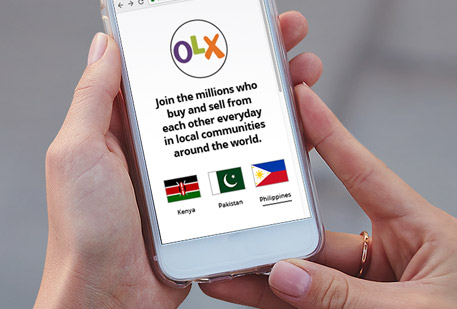Team building magic, part 1
This is part 1 of a 5 part article courtesy of Drake International.
Introduction
The concept of team building is largely misunderstood in business today. Many organizations view team building as buying team hats, t-shirts and jackets, hiring motivational speakers to “pump up” the group, ad hoc team building workshops, occasional team dinners, golf games, boat trips, BBQs and pool parties.
These activities by themselves do not constitute team building. They are often a reactive, one time response that hopes to “fix” an underperforming team. These activities do not support the creation of meaningful, long-term change that both strengthens and builds teams. If poor leadership or an adverse environment hinders a team, then team building, as a recreational endeavor, certainly won’t cure the underlying illness.
Organizations bear an increasingly high cost of hosting underperforming teams. Low productivity, low morale, high confusion, apathy, and rapid turnover are all signs of underperforming teams. If these conditions are pervasive throughout an organization’s teams, its financial performance is sure to suffer.
Building an effective team isn’t as simple as waving a magic wand, but it is also not an overly difficult process. Understanding the strengths and weaknesses of individuals, the role each person plays in a team environment and how they complement each other, setting clear goals and teaching team members how to function more effectively, or “play” well together, is all part of effective team building.
This is not to say that team building shouldn’t include team recreation. It certainly is important to play hard as well as work hard. But at best, recreation-based team building activities are a treatment, not a cure. They should take healthy teams to a higher level of vitality, not attempt to cure underperforming teams.
Do You Really Have a Team?
The first step in the team building process is to determine if you really have a team.
If you have to tell your people that they are part of a team, then they probably aren’t. Teams aren’t simply created by having regular meetings with the same group of people. A group of people brought together for reporting purposes or information sharing is also not a real team.
Why a Team?
When teams are working well, they create synergy by having multiple people with different skills and abilities converge on a specific problem or opportunity.
Simply translated, synergy means that the whole is greater than the sum of its parts. When a team is put into place - especially a team dialed-in for success - it increases the chance to maximize synergy. Maximizing synergy gives your organization the opportunity to accomplish more with the same number of people.
When teams aren’t functioning well, not only do organizations lose synergy, they actually find the whole to be less than the sum of its parts. This situation has a suffocating effect on productivity that directly affects bottom-line performance.
 CA-EN
CA-EN UK
UK AU
AU US
US NZ
NZ PH
PH ZA
ZA SG
SG HK
HK


